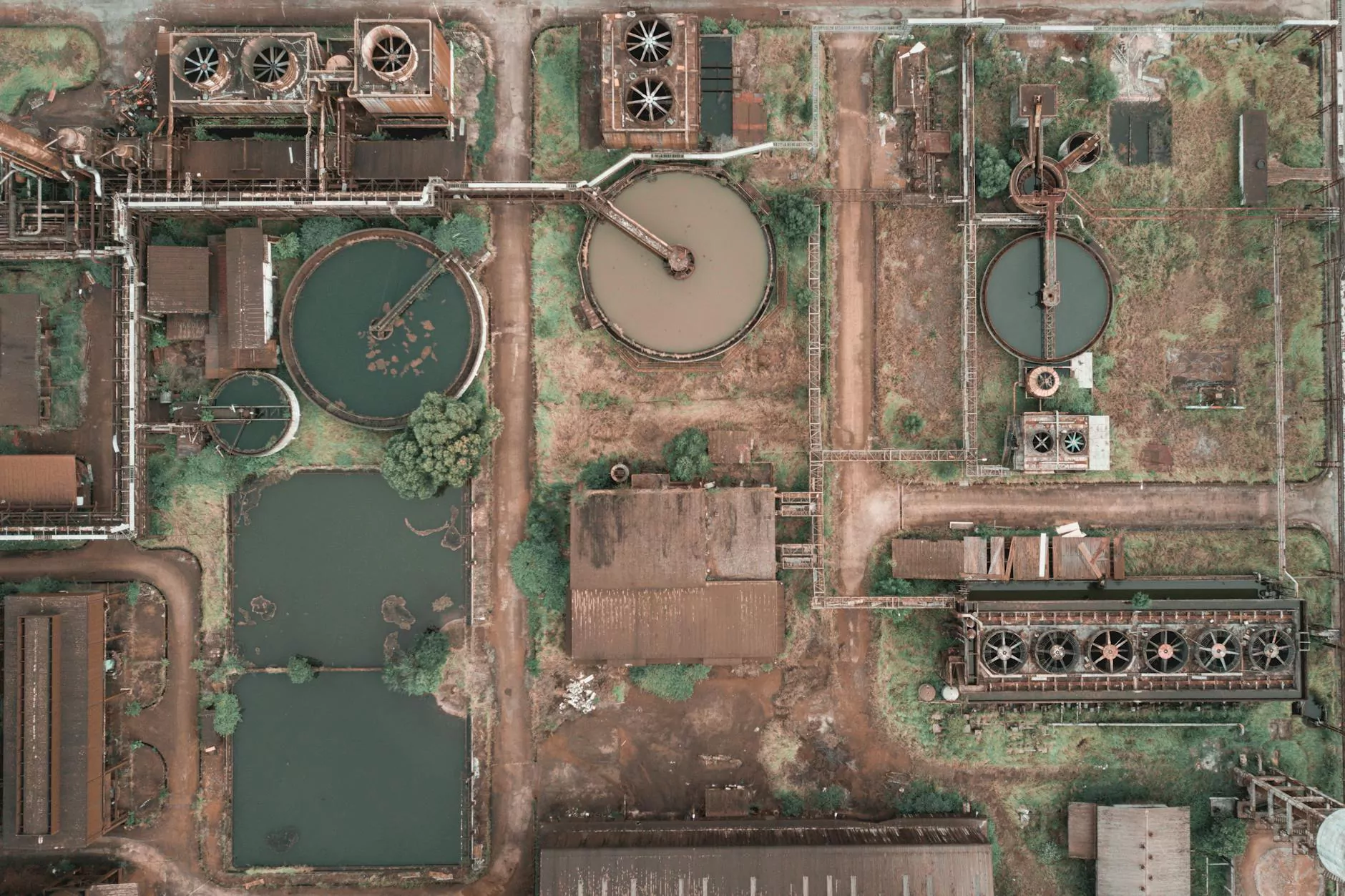The Ultimate Guide to Pool Replastering: Revitalize Your Swimming Pool

In the world of swimming pool maintenance, few tasks are as crucial as pool replastering. Whether you own a residential or commercial pool, keeping it in pristine condition enhances your enjoyment and extends its lifespan. This comprehensive guide will delve into every aspect of pool replastering, exploring its necessity, methodology, and benefits.
What is Pool Replastering?
Pool replastering is the process of applying a fresh layer of plaster to the interior surface of a swimming pool. Over time, the original plaster can deteriorate due to environmental factors, regular wear and tear, or improper maintenance. As a result, replastering becomes essential to restore both the aesthetic appeal and functional integrity of the pool.
Why is Pool Replastering Important?
Replastering your pool is not just a cosmetic upgrade; it also plays a vital role in maintaining the overall health and safety of your swimming environment. Below are several reasons why investing in this process is imperative:
- Enhances Safety: Deteriorated plaster can lead to sharp edges and rough surfaces, posing a risk to swimmers. A new plaster surface creates a safer swimming environment.
- Improves Aesthetics: A fresh layer of plaster rejuvenates the appearance of the pool, making it more visually appealing.
- Increases Property Value: A well-maintained swimming pool can significantly boost the resale value of your property.
- Prevents Algae Growth: Cracked and outdated plaster can harbor algae and bacteria, which can be detrimental to pool health.
- Increases Longevity: Regular maintenance through replastering prevents more significant issues down the road, ultimately saving time and money.
Signs That Your Pool Needs Replastering
To determine whether your pool requires replastering, monitor for the following signs:
- Cracks: Visible cracks in the plaster are a clear indication that it's time for a replaster.
- Rough Texture: If the pool's surface feels rough or abrasive, a replaster will restore smoothness.
- Chips and Flaking: Chips or peeling plaster surface indicate deterioration.
- Discoloration: Stains or fading that cannot be cleaned may necessitate a fresh plaster application.
- Water Leaks: If your pool is losing water more rapidly than usual, it may be due to plaster damage.
The Pool Replastering Process
The process of pool replastering involves several steps, each crucial for a successful outcome. Here is a detailed overview:
1. Draining the Pool
The first step is to completely drain the pool. A professional team will ensure that the process is done safely and efficiently to avoid any damage to the pool structure.
2. Inspecting the Pool Structure
Once drained, a thorough inspection is performed. This includes examining for leaks, cracks, or any underlying structural issues that may need attention before replastering.
3. Surface Preparation
The old plaster is then chipped away. This can involve sanding or using a chipping hammer to ensure a clean surface that will allow the new plaster to adhere properly.
4. Installing Bond Coat
A bonding agent is applied to the surface to ensure the new plaster adheres correctly and creates a durable connection between the old surface and the new plaster.
5. Applying New Plaster
The new plaster is applied carefully and uniformly. It’s crucial that this step is executed by experienced professionals to prevent any imperfections that could affect the pool's appearance and longevity.
6. Curing the Plaster
After application, the plaster needs to cure adequately. This involves keeping the surface moist for a certain period, typically around 7-10 days, to ensure proper hardening.
7. Refilling and Balancing Water Chemistry
Once the plaster has cured, the pool is filled with water. After filling, it’s essential to balance the water chemistry to avoid any future issues with the new surface.
Choosing the Right Material for Pool Plastering
The choice of plaster materials can significantly impact the lifespan and look of the pool. Here are some common options:
- Standard Plaster: Made of a mixture of cement and marble dust, this is the most common and economical choice.
- Diamond Brite: A blend of polymer-modified cement and quartz, providing enhanced durability and a beautiful finish.
- Quartz Plaster: Offers a rougher texture with a more durable surface, ideal for larger pools and commercial properties.
- Aggregate Finish: Combines plaster with materials like glass beads or pebbles, giving a unique and luxurious appearance.
Cost of Pool Replastering
The cost of pool replastering can vary significantly based on several factors:
- Pool Size: Larger pools require more materials and labor, increasing the overall cost.
- Type of Plaster: Specialized materials (like quartz or aggregate finishes) will typically cost more than standard plaster.
- Location: Geographic location and local labor rates can also affect pricing.
- Condition of Existing Plaster: If significant repair work is needed before replastering, costs will rise accordingly.
Frequently Asked Questions About Pool Replastering
How often should a pool be replastered?
Typically, a pool should be replastered every 10 to 15 years, depending on usage and maintenance.
Can I DIY my pool replastering?
While DIY is possible, it is generally not recommended due to the skill and equipment required for proper application and finishing.
What is the average time needed for pool replastering?
The entire process can take from a few days to a couple of weeks, depending on the size of the pool and the extent of the work.
Conclusion: Enhancing Your Pool's Lifespan
Investing in pool replastering is essential for anyone looking to maintain or enhance their swimming pool's beauty and longevity. The benefits extend far beyond the visual appeal; by ensuring your pool is safe, functional, and aesthetically pleasing, you can enjoy countless hours of relaxation and fun.
When considering a replaster, make sure to consult with professionals who understand the nuances of the process and can guide you through the best choices for materials and techniques. At poolrenovation.com, we offer expert advice and services tailored to your specific needs in swimming pool maintenance and water heater installation/repair. Contact us to learn more about how we can help you keep your pool in top condition!









